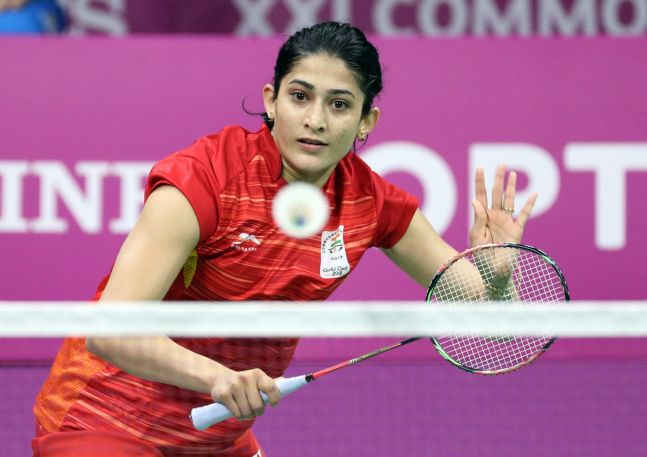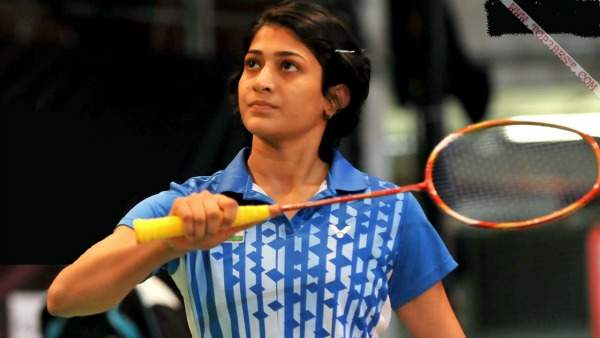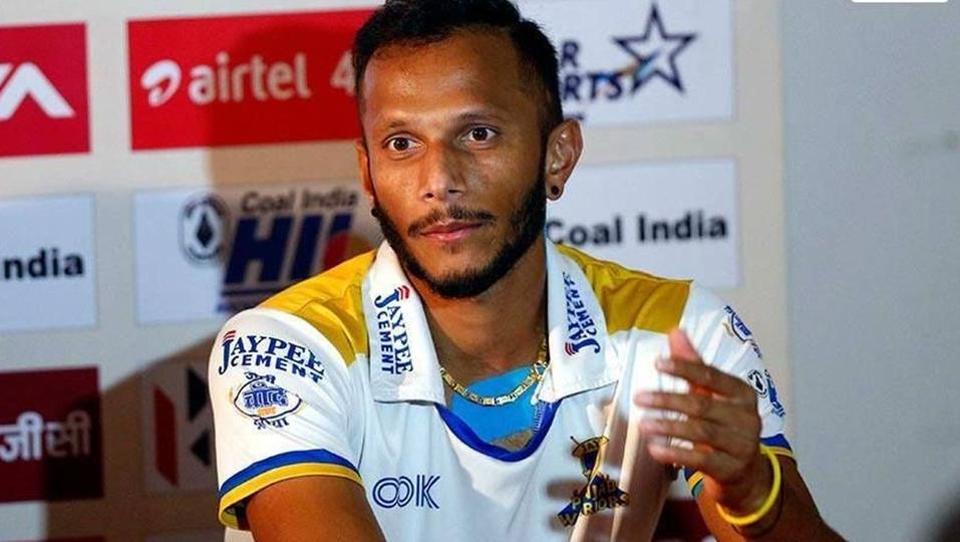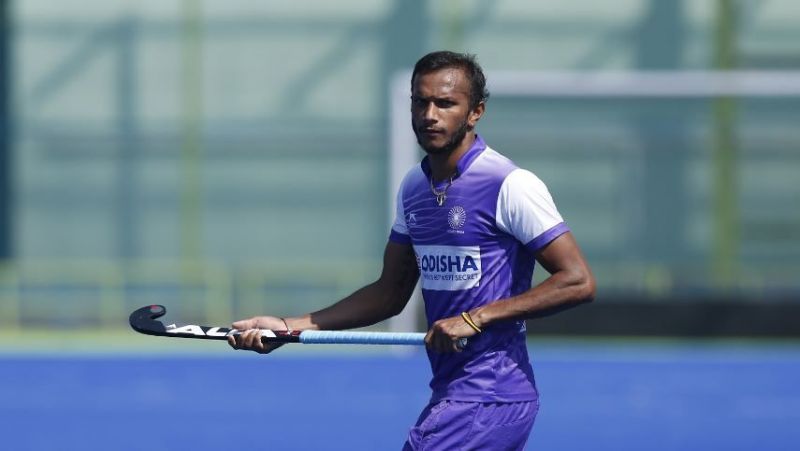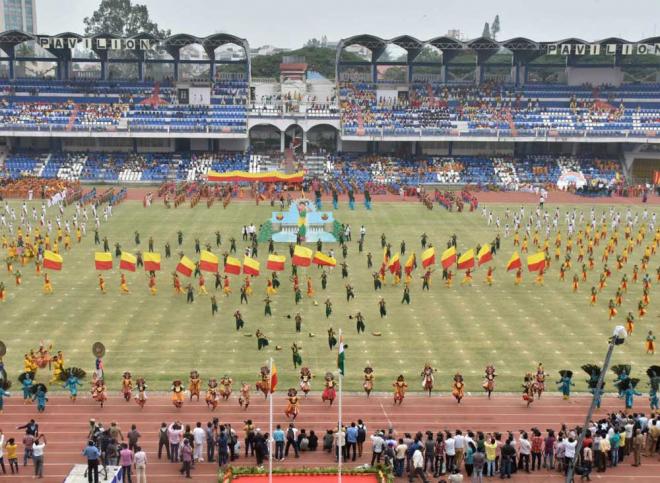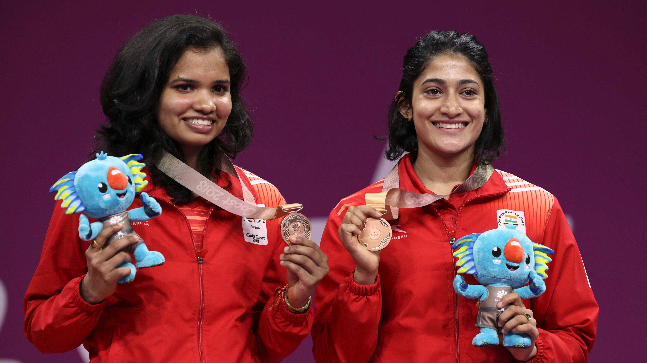
India completed their best-ever medal in badminton at the Commonwealth Games (CWG) on Sunday with a total of the six medals, including two Gold, three Silver and a Bronze.
India not only won a Gold and two Silver in the singles events but scooped a gold medal in the Mixed Team event, a Silver in men’s doubles and a Bronze in the women’s doubles.
The reason for India to win double the number of badminton medals this year than the last two CWG is the success of doubles.
On Sunday, after the Games officially got over, Pullela Gopichand said that he felt “this tournament belongs to Ashwini (Ponappa).”
Ashwini Ponnappa is a name well known in India. She has been India’s top doubles players for quite a lot of years now but it is truly now that her name has begun to be highlighted well.
During the Mixed Team event final against Malaysia, Ashwini played the first match of the tie, the mixed doubles, with Satwiksairaj Rankireddy. Satwik, who is only 17 years old, is already one of the best doubles players in the country and world No.21 in men’s doubles along with Chirag Shetty. However, on April 9, 2017, it was Ashwini who led the pair to a stunning win against Rio Olympics silver-medallist Peng Soon Chan and Liu Ying Goh.
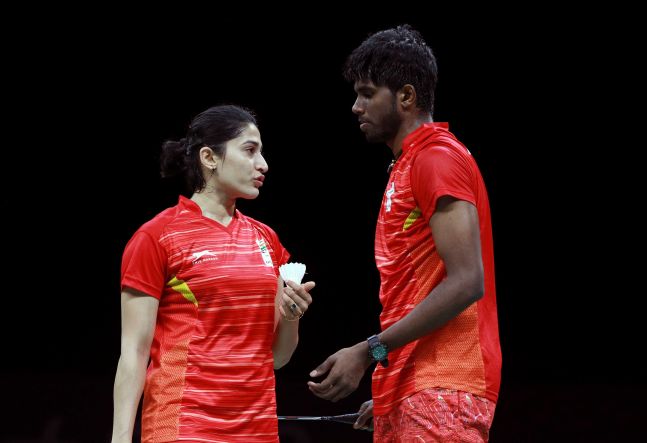
In the first game of the mixed doubles, the Indian pair completely dominated the Malaysian pair but Chan and Goh soon found their way through Ashwini and Satwik and took over from the second game.
In the decider, Chan and Goh were leading 12-7 at one point but the Indian pair then won a point to make it 8-12. From there as Ashwini led the way with her serve, India won seven straight points to go up 15-12.
Therafter, Chan and Goh could win only three more points before Ashwini and Satwik took the match away.
Ashwini in that mixed doubles victory was a sight to behold. Such was her brilliance that even the commentators were in awe of her skills and intelligence.
One could see in those final few moments, the determination and belief in her eyes and her strokes, she knew they could win it. Even as the Malaysians played it around, Ashwini knew exactly where the shuttles would come, she would leap up front and go for the kill.
Satwik supported her ably. Ashwini was constantly chatting with Satwik, guiding him, discussing their strategies, leading the team and it showed. Satwik’s control at the back of the court enabled Ashwini to absolutely intimidate the opponents at the net. Ashwini’s sharpness and booming smashes, along with Satwik’s jump smash, eventually took them home.
It was that unexpected mixed doubles victory that pegged the defending champions Malaysia behind. It gave Kidambi Srikanth to come forth and play his game.
Like Gopichand said, “The win in the team championship was very critical to put the team 1-0 up and give the confidence to Srikanth to beat Lee Chong Wei.” And Srikanth dominated the legend Chong Wei in some style.
Satwik and Chirag, thereafter, missed the chance to seal the win in men’s doubles and India’s Golden Girl Saina Nehwal came next and sealed the deal, giving India their first-ever mixed team Gold at CWG. (India Open: Indian doubles stars show spark, five pairs in quarters)
Ashwini, along with N Sikki Reddy, went on to win a bronze medal in women’s doubles and missed a mixed doubles Bronze by a whisker.
Consider this, on April 14, Ashwini played a total of four matches. Four gruelling badminton matches and still managed to scoop a Bronze in women’s doubles.
ASHWINI’S ROLE IN GUIDING THE YOUNGSTERS IN INDIAN DOUBLES
Ashwini’s importance in this badminton setup is not limited to the medals she brings home. Her stature has gone beyond that.
She plays in two different categories with two youngsters — a 17-year-old Satwik and a 24-year-old Sikki. She is the one who is making them better players.
Satwik is one of the most successful stories to come out of Premier Badminton League (PBL), where he plays along Olympic medallist Pia Zebadiah for Hyderabad Hunters. He came into prominence playing alongside Zabadiah but the immense growth the youngster has shown in the past year and a half, is down to the experience he is gaining from Ashwini.
Ashwini is a leader on the court. She teaches Satwik the mental aspect of the game and that helps him when he plays with Chirag in men’s doubles. (BWF rankings: Satwiksairaj-Chirag Shetty break into world top 20 for first time)
In fact, Ashwini is almost transmitting her leadership quality into Sikki. Sikki, who also plays mixed doubles with Pranaav Jerry Chopra, shows those leadership qualities alongside Pranaav.
Ashwini has achieved a great deal over the years. A women’s doubles Gold with Jwala Gutta in 2010 CWG started a long success story. Even then, perhaps the success did not get its due recognition. Thereafter, came a Silver in women’s doubles with Jwala at 2014 Glasgow Commonwealth Games, a Bronze in women’s doubles at the 2011 World Championships and many more. Yet, those achievements hardly created a stir in the sporting spectrum.
Doubles badminton needs to be given its due credit. In Australia, while Saina Nehwal, PV Sindhu and Kidambi Srikanth held sway at the individual events, the doubles players quietly took home two medals. Consequently, India was the most dominant nation in badminton during the Gold Coast events.
At the age of 28, Ashwini has a great deal of experience and many more years of play where she can achieve more glory and impart far more knowledge.
Even as the success story of Indian badminton at CWG 2018 was largely attributed to the credentials of the singles, it were truly the doubles players who stamped their name uniquely in Australia.
Among a host of Indian badminton stars in Gold Coast, Ashwini perhaps shone the brightest.
source: http://www.indiatoday.in / India Today / Home> News> Sports / by Abreshmina S. Quadri / New Delhi – April 16th, 2018
